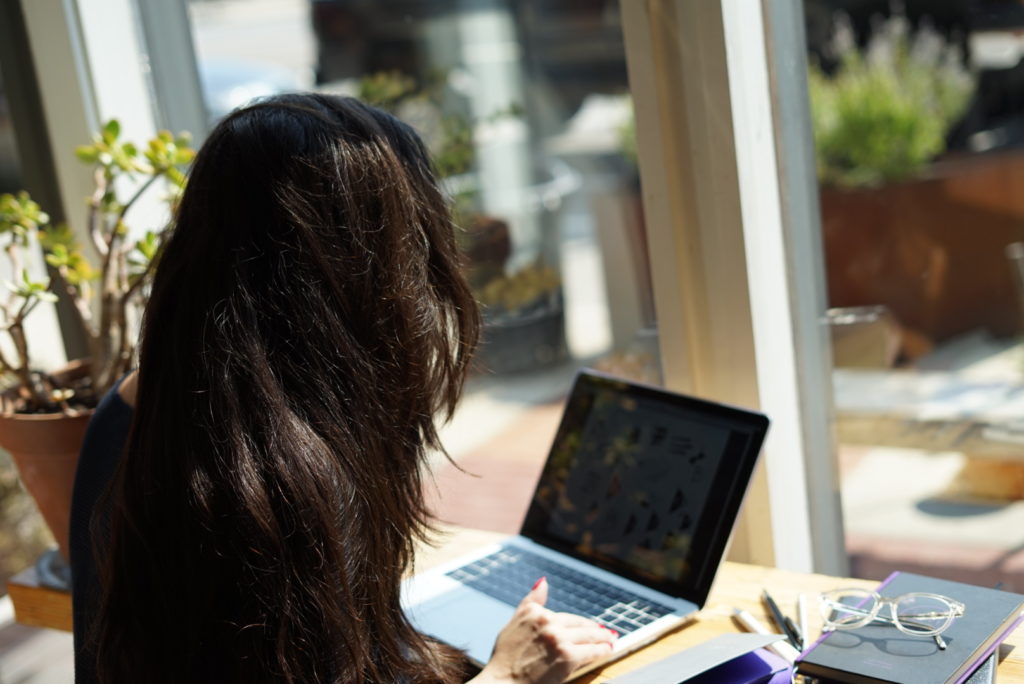 This article by Blended Collective on Why Brands Seek B2C Cultural Influencers was originally published by the Detroit Regional Chamber as part of its Digital Marketing Secrets Revealed Series.
This article by Blended Collective on Why Brands Seek B2C Cultural Influencers was originally published by the Detroit Regional Chamber as part of its Digital Marketing Secrets Revealed Series.
Whether in the fashion, beauty, or food and beverage industries, influencer marketing has emerged as a relevant part of many marketing plans and budgets in recent years. Social influencers have been able to grow huge followings via social media platforms, demonstrating they’re able to engage audiences in attractive and innovative ways. According to AdWeek, the influencer market was estimated at $2 billion in 2017 and is anticipated to grow to $10 billion by 2020.
So, what type of influencers do brands seek? Gaining a better understanding of marketing dynamics and segmenting product offerings based on consumers with different cultural needs, pushes them to rethink diversity across ethnicity, gender, and culture. Shouldn’t brands that cater to a specific market of consumers be representative anyway? How else can a company target a group of people that it doesn’t identify with? This is why it’s important to develop plans that target multicultural audiences strategically.
The beauty industry, especially the global leader in beauty, L’Oréal, is a stellar example of working with cultural influencers to reach an audience that’s relevant to the company’s multi-brand product offering. Although companies of this size have always been known to have traditional celebrity influencers to help promote brands and products, digital influencers convey a different value – one that can be more authentic and insightful. These influencers connect with consumers in different and more direct ways where one can obtain feedback in real time. In 2016, for instance, L’Oréal Paris selected five ethnically diverse female YouTube personalities to attend various events, create content and act as brand ambassadors with the goal of every influencer to focus on a specific group of product launches in the UK. As the beauty squad, they were able to reach over 5 million people combined. Efforts as such are measured through conversions; content that is linked to sales uplifts. Other KPIs can include engagement and net sentiment, which explains whether a brand’s perception is positive or negative. While sentiment adds context to social media, measuring emotions behind social media can still sometimes prove difficult.
Even locally in the metro Detroit region, cultural influencers have been able to successfully make a name for themselves. As a result, they’ve been sought out by well-known brands and organizations. Leah Vernon, who constantly promotes herself as “fat, black, and muslim”, is one of them. She was recently nominated for the Diversity in Beauty Awards by Yahoo Lifestyle, which highlights brands, products and personalities that embody inclusivity and innovation. Over the past year, she has leveraged her combined social media following of over 33,000 into speaking opportunities and brand partnerships. This includes an online campaign with Adidas Originals, which featured artists, contributing to social changes in their fields. Other local and cultural influencers include j’adore detroit, iamcharlieg, and Irene Kahn (@irenesarah), a beauty and travel influencer with an Instagram following of over 450,000 and 250,000 on YouTube. She now resides in Los Angeles.
In the world of social influencing today, finding authentic and creative ways to elevate B2C cultural influencer marketing is fundamental. It is important to note though, a huge following doesn’t necessarily equate to the right influencer for a brand. Through the cultural style of marketing, brands are able to reach diverse audiences in effective ways to engage a growing following in an effort to increase their bottom line.
